A 115 Year Organic Honey Legacy
From a swarm in sugar sacks to the largest Mānuka producer in the world.
Since 1910, TranzAlpine Honey has led the way in organic honey production.
Today, we’re still a family beekeeping business. A 5th-generation organic honey producer, now operating from our brand new cutting-edge production facility in Rolleston and proud to be the #1 certified organic honey producer in New Zealand.
TranzAlpine Honey was started by Edward and Rose Newton in Mid Canterbury. A small apiary that started with a handful of swarms rescued from a school bell tower in Lyndhurst, which were carried home in sugar sacks.
By 1930, TranzAlpine was producing three tons of honey from forty beehives.
That’s no small feat for a small family business over 100 years ago.
Rare Organic Honey Release
The Exclusive 2025 Anniversary Limited Edition Release of Organic Mānuka Honey MGO1000+ was released in February at BioFach in Germany.
A limited edition, once-in-a-lifetime collector’s item
Organic Mānuka honey sourced from the native and isolated New Zealand Mānuka tree is coveted worldwide for its superior quality and taste.
Found only in New Zealand, our native certified organic honey is one of nature’s rarest and most unique superfoods.
The Organic Mānuka MGO1000+ is a monofloral honey that is brimming with antioxidants, and antiviral and antibacterial properties out of all the honey grades.
The MGO1000+ rating means this exceptional organic honey has the highest level of beneficial properties.
MGO stands for methylglyoxal, the naturally occurring compound that makes Mānuka honey so special.
MGO is formed in the honey from Mānuka nectar. As the honey ripens, the MGO content can increase. This requires expert knowledge and careful storage, along with precise testing to ensure the potency, quality and purity of the honey.
“The Mānuka tree flowers for a short time each year, with white, sweet-smelling flowers that attract our bees. Using low-heat production methods means our organic Mānuka honey retains its health benefits.
Our Mānuka honey is certified 100% organic and traceable to our organic and isolated beehives on the South Island of New Zealand.”
Each of their products is independently tested by an IANZ-accredited laboratory and certified organic by BioGro™, and you can trace each jar of honey right back to the hive.
TranzAlpine Honey 1910 – 2025
Our hives are scattered throughout some of the most remote regions across the South Island.
So remote that our beekeepers have to be trained in serious navigation, bushcraft and outdoor survival skills, as the weather is so unpredictable in some regions that sudden changes and rising rivers can leave teams stranded and isolated.
We’ve had plenty of unplanned sleepovers in our vehicles overnight, and luckily, we’re prepared for them.
Our small family team produces over 27 certified organic honey products, health supplements and remedies, including 17 different kinds of premium organic honey and honey fusions, enjoyed in over 28 countries across 5 continents.
We’ve been BioGro™ certified for 32 years this year, since 1993. Completing our formal certification long before organic practices were industry standard or even widely understood.
And while technology has helped us streamline some of our processes, traditional beekeeping practices are still very much at the core of everything we do.
Today, our high-tech processing facility uses a 15 kWh solar-powered system with sophisticated battery storage that allows us to be 90% off the grid during peak season.
Our vehicle fleet is close to being 100% EV, and we’re located right on the doorstep of the biggest South Island transport hubs, ensuring that our transport footprint is reduced to the absolute minimum.
Yet we still do things the traditional way in so many aspects of our business. Such as using renewable, carbon-neutral and sustainable wooden honey frames and beehives.
They keep our bees warm in winter and prioritise their long-term health.
We don’t use any materials derived from hydrocarbons or that contain microplastics, and our supply chain is 100% transparent.
Each jar of our certified organic honey is fully traceable to the individual beehive and location.
We knew early on that the responsibility of being guardians of the environment and the bees would be a lifelong commitment.
Despite a global surge in demand for Mānuka honey, we are very proud to continue to produce honey products that don’t come at the expense of biodiversity, the environment or our bees.
If we look after our bees, they’ll look after us
Biodiversity, environmental impact and conservation of the bees are at the forefront of every decision we make – from the carefully considered location of each hive to the packaging we put our honey in.
- We only use renewable, carbon-neutral and sustainable honey frames and beehives. They keep bees warm in the winter and promote longevity.
- Our packaging is locally sourced, environmentally friendly, 100% recycled rPet packaging
- Our new cutting-edge processing factory in Rolleston has been converted to a 22KWh solar system, allowing us to be 90% off the grid during peak season
- We’ve converted their fleet to EV, with nearly 30% of the vehicles being EV/Hybrid. The target is to be 100% EV by 2027.
- We don’t use any materials derived from hydrocarbons or that contain microplastics
- We don’t artificially feed or medicate our bees, or use any synthetic chemicals or antibiotics on the beehives or anywhere near our bees – both of which are common practices in non-organic apiculture.
Unlike standard apiculture practices, the TranzAlpine bees are left with more than enough honey for themselves.
We’re constantly innovating and measuring our processes to find better ways to reduce our impact and carbon footprint to produce healthy food without compromising future generations’ ability to do the same.
“Diversity drives resilience, and healthy ecosystems with greater biodiversity are stronger and more adaptable, with the ability to recover faster from adverse climate change events.”
Organic Changemakers
As part of our ongoing commitment to climate mitigation, we’ve aligned our business with some of the strong local and international regulatory bodies in the world to raise awareness around climate change and organic practices.
All our products are EU/COR-USDA organic, Vegetarian and halal certified.
We’re proudly an NZ-Made and Fernmark-licensed brand. TranzAlpine products are also listed with UNFI and KEHE – the largest publicly traded wholesale distributors of health and speciality food in the United States and Canada.
As winners of multiple industry awards over the years, including the ANZ Business of the Year Award for Excellence in Export 2022, Organic Brand of the Year in 2023, Exporter of the Year in 2024 and two gold awards at the Outstanding Food Producers Awards 2025.
TranzAlpine Honey also single-handedly supplies over 50% of all organic honey exported to the EU and to date has exported over 1 million jars of honey worldwide.
Building a New Zealand Legacy
“TranzAlpine Honey is incredibly proud of our 115-year organic legacy. When you choose organic, you actively contribute towards the protection and preservation of our bees and their natural habitats, so that we may all live in harmony for generations to come. Thank you for being part of our journey.” Yuriy Shoshnikov, MD, TranzAlpine Honey
TranzAlpine Honey. From the New Zealand Alps to the World.
You may also like
The Adventure of the Organic Honey Harvest
What grade of Mānuka honey is best?
Posted in Natural Health, News, Organic
Share:








